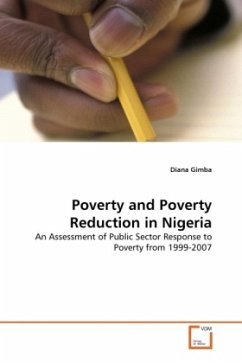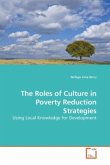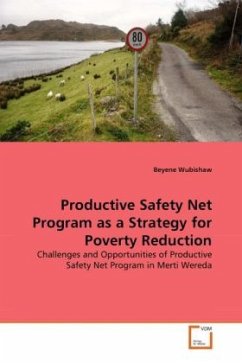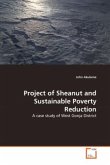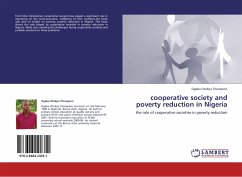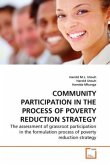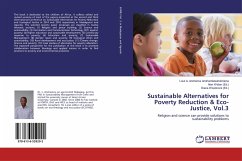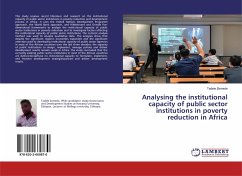This book investiged the concepts and practices of poverty and poverty reducion; it assessed the efficacy of the budget system in addressing poverty conditions in Nigeria. This is important because in spite of Nigeria's oil wealth more than half of its population are poor; an irony that raises questions about how effective the country's resources are planned, spent and managed. Public sector commitments to poverty reduction can be measured through analysis of national budgets which express the policy and resource directions of governments. This book examined the effectiveness of Nigerian government's Commitments to poverty reduction with specific reference to how resource allocation criteria and expenditure management issues (such as cerdibility of the budget and policy based budgeting)at national and sectoral level affect specific social indices in health and education. It also examined other factors responsible for increased poverty conditions in Nigeria in the midst of its rich oil resources. A combination of the Poverty Reduction Strategy (PRS) and the Public Expenditure Financial Accountability (PEFA) methods provided the frameworks for data gathering and analysis.
Bitte wählen Sie Ihr Anliegen aus.
Rechnungen
Retourenschein anfordern
Bestellstatus
Storno

